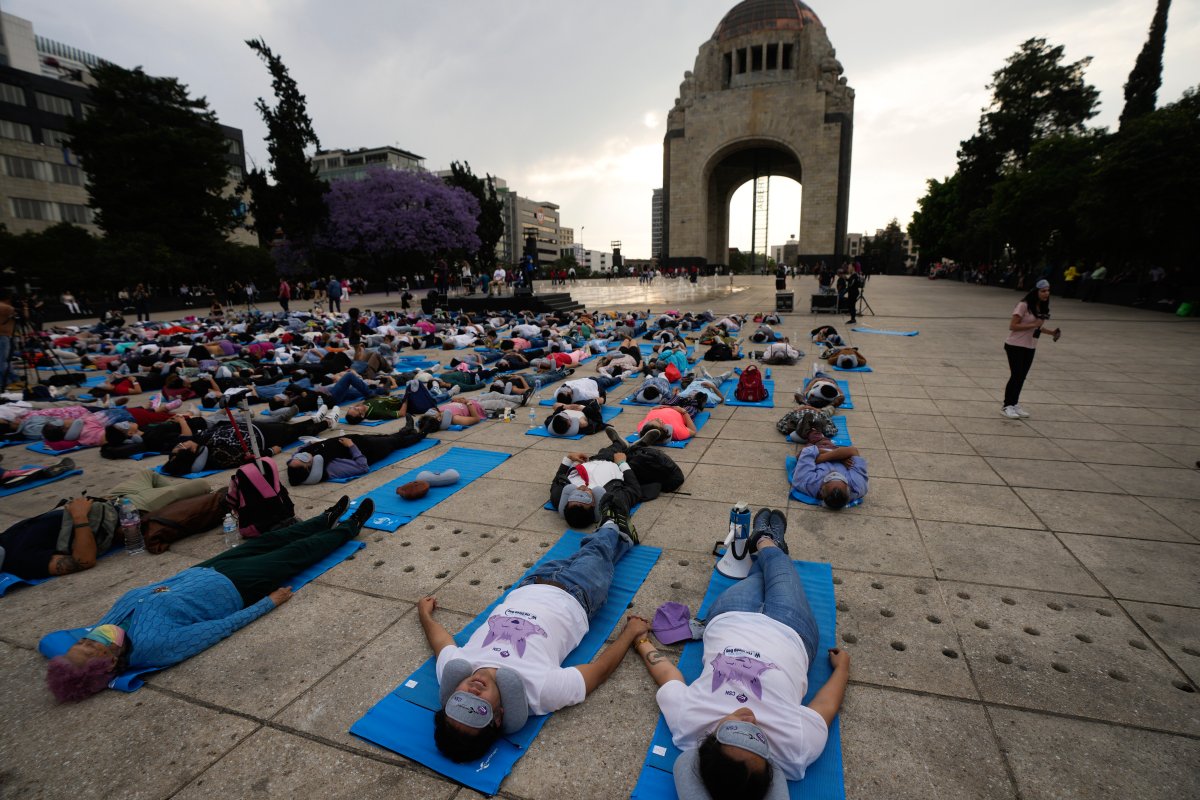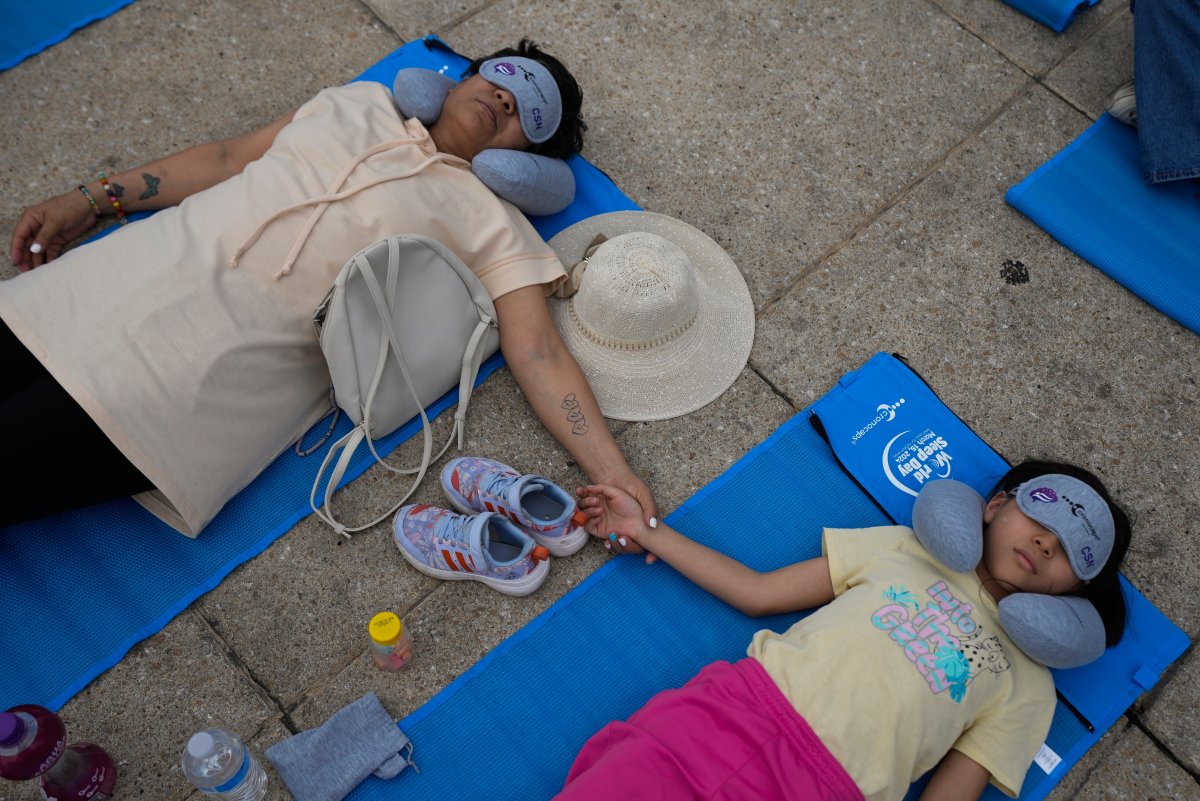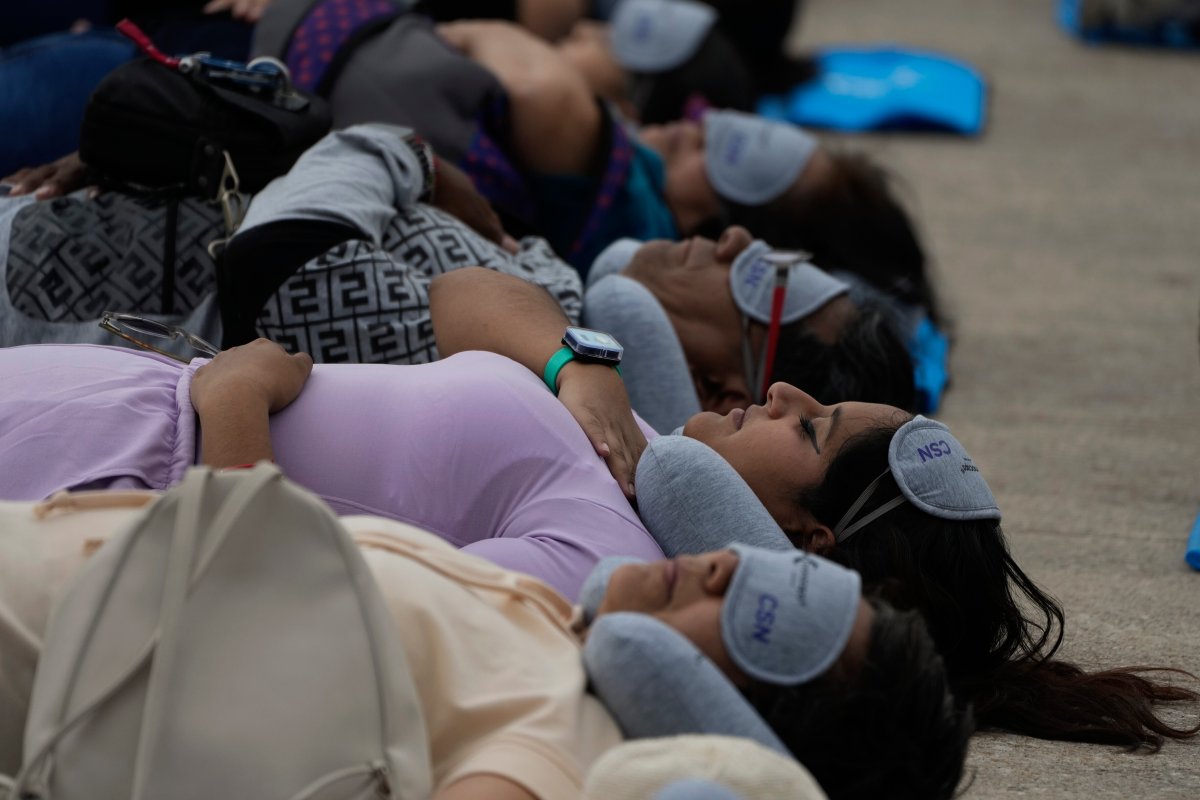Amandine Hess
Sat, 16 March 2024

"I'd already heard about deepfakes and deepnudes (...) but I wasn't really aware of it until it happened to me. It was a slightly anecdotal event that happened in other people's lives, but it wouldn't happen in mine", thought Julia, a 21-year-old Belgian marketing student and semi-professional model.
At the end of September 2023, she received an email from an anonymous author. Subject: "Realistic? "We wonder which photo would best resemble you", she reads.
Attached were five photos of her.
In the original content, posted on her social networks, Julia poses dressed. In front of her eyes are the same photos. Only this time, Julia is completely naked.
Julia has never posed naked. She never took these photos. The Belgian model realises that she has been the victim of a deepfake.
Deepfakes
Deepfakes, or hypertrucages, are false photo, video or audio content created or modified using artificial intelligence, often hyper-realistic.
The individual used an artificial intelligence application to remove her clothes.
The first message I received was, "Hello Julia. We wonder which photo would look like you the most".
Julia threatened to file a complaint. The person she was speaking to tried to dissuade her, claiming that he wanted to "make her aware of the dangers of artificial intelligence". "Everyone does it", he trivialised.
The next day, the young woman filed a complaint at the police station "out of duty".
"I really wanted to do it for statistical purposes and because I didn't want to let myself be taken advantage of", she explains.
She was warned that the "public prosecutor's office was overwhelmed" and that there was "very little chance" that her complaint would succeed, the student recalls.
My only fear would be that he used them to put them on sites to make money and at the same time harm my public image.
She confided in her mother and close friends, gave her testimony on her social networks and received a great deal of support from her followers. "Some people wanted to help me, others just sent a quick note", explains the student, who says she is "very well supported".
Julia also receives testimonials from other victims. In their case, "it was more in the context of revenge porn", she explains. It's something that's much more common than people think", warns the model, who is concerned about this trivialisation.
After taking a month's break from modelling - "I didn't feel like shooting any more" - the model has resumed her projects.
European directive
"The platforms are clearly not doing enough", the student laments.
"The law itself is there, it's been created, but it's not being applied", she says.
A European directive on violence against women adopted stricter measures against cyber-violence at the beginning of February.
"It's all very well, but it's too late. This should have been done before these applications were authorised on European territory," regrets Julia. I'm upset because these are things that could have been avoided if they had been done properly and in order".
The young woman, who has been received by Belgian Secretary of State for Gender Equality Marie-Colline Leroy, expects the public authorities to provide "effective support and resources" to identify the authors of deepfakes and force platforms to moderate their content.
According to a study by the University of Antwerp, 7% of Belgians aged between 15 and 25 have already created deepnudes.
It also encourages other victims of deepnude to speak out.
A growing phenomenon
The start-up Home Security Heroes reports that a total of 95,820 videos generated using artificial intelligence will be online in 2023. This represents an increase of 550% compared with 2019.
Pornographic deepfakes account for 98% of deepfakes on the web, according to its State of deepfakes report, published in 2023. 99% of those targeted are women.
No need to be an expert. Creating a free pornographic deepfake video takes less than 25 minutes and requires only one clear image of any individual, according to the same study.
For her part, American analyst Genevieve Oh estimates that there will be more than 275,000 pornographic deepfake videos on the web by the third quarter of 2023.



















